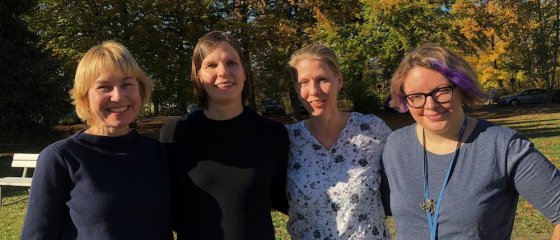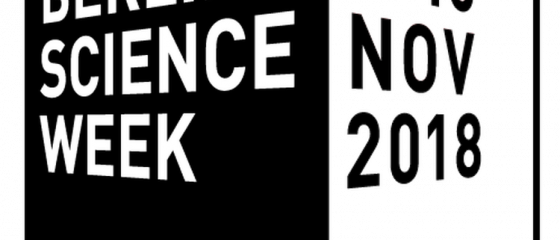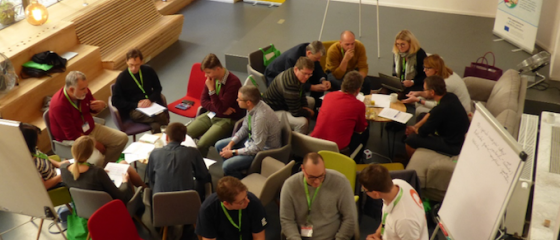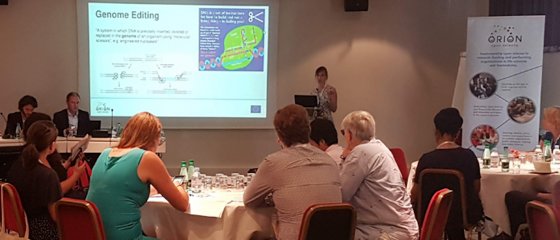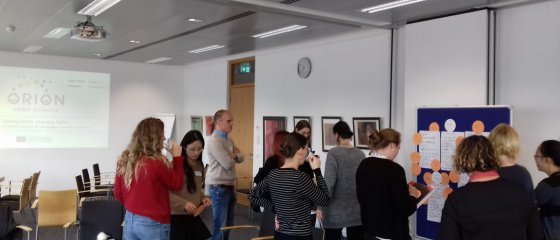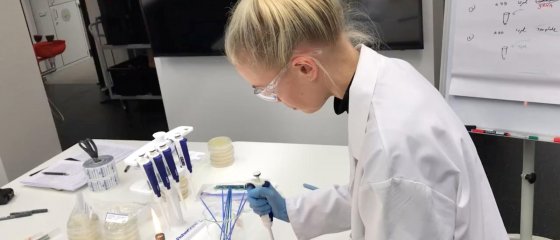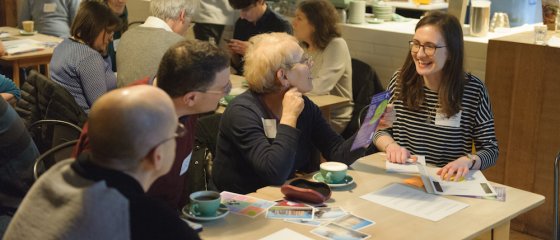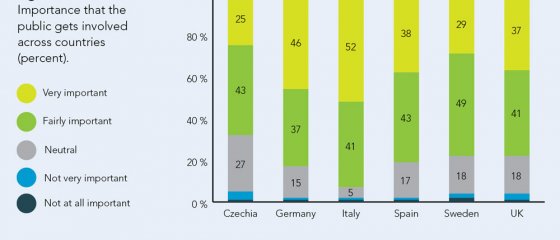Open Science workshop for university students
The Czech partner JCMM held a workshop on Open Science for university students on 29th November. The aim of the workshop was to acquaint interested students with the ORION project, the principles for Open Science and the new call for Open Science projects which was recently launched by JCMM. The event was hosted by the Brno Urban Centre and attended by potential applicants from almost all eligible Brno universities.

